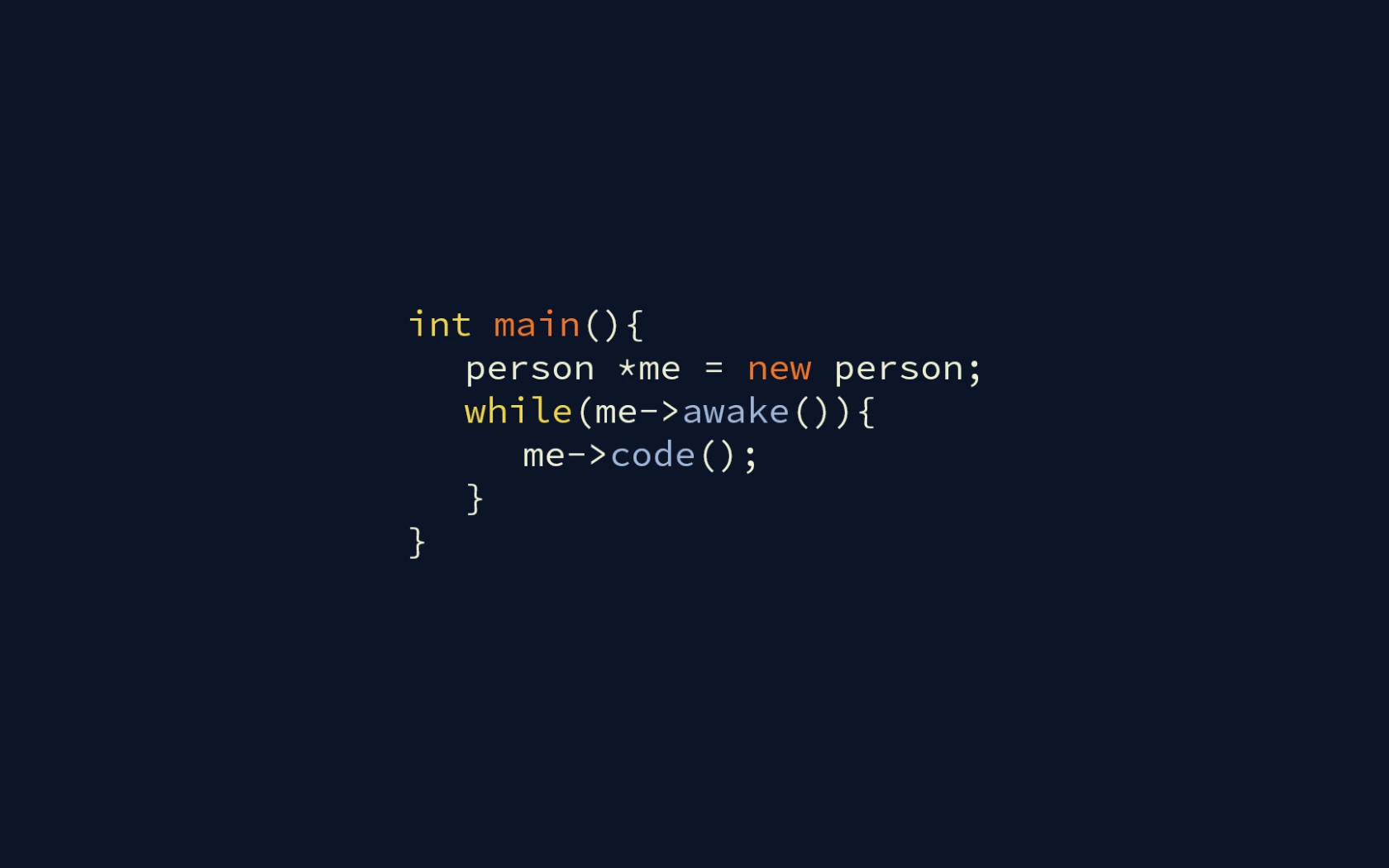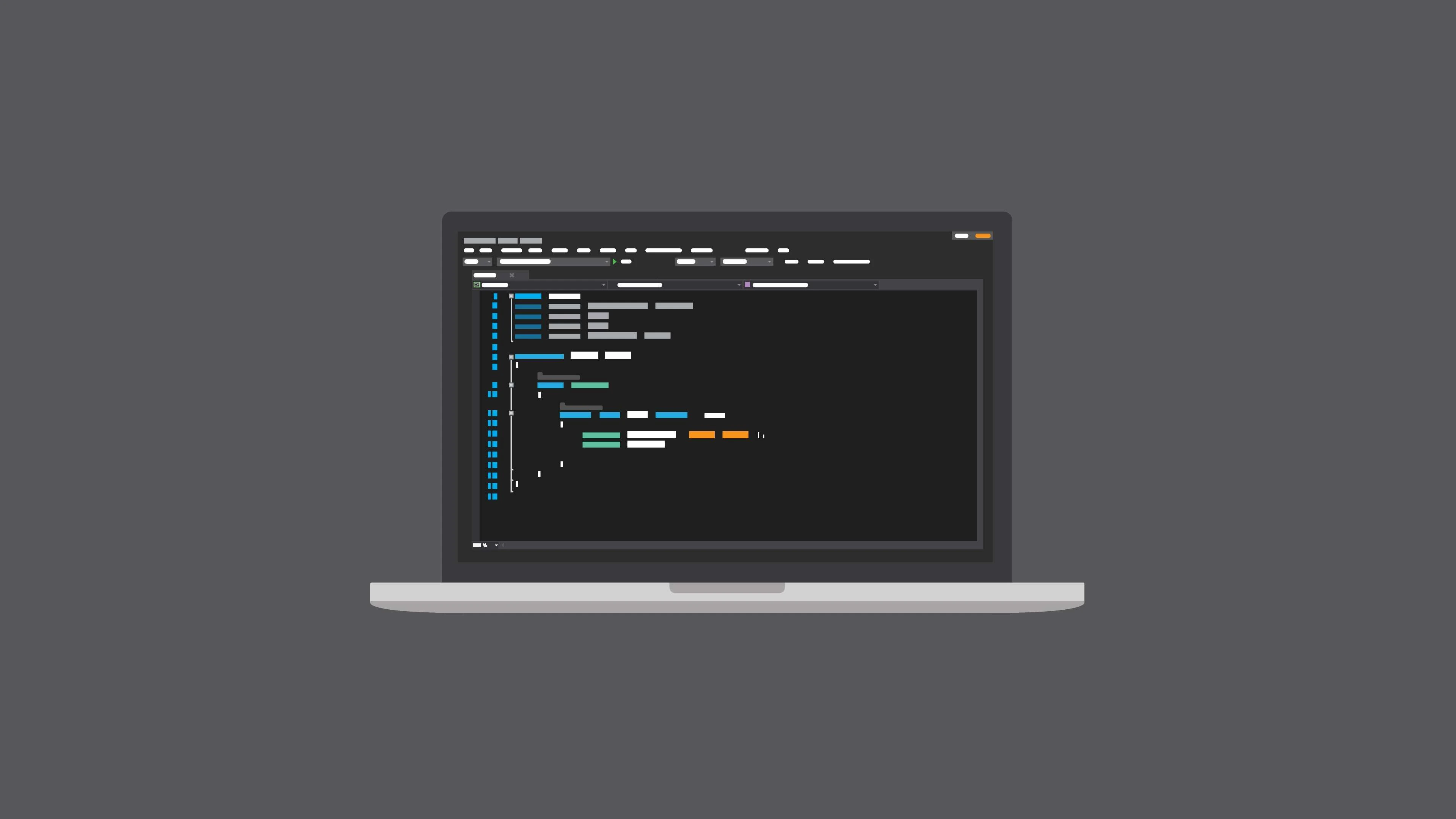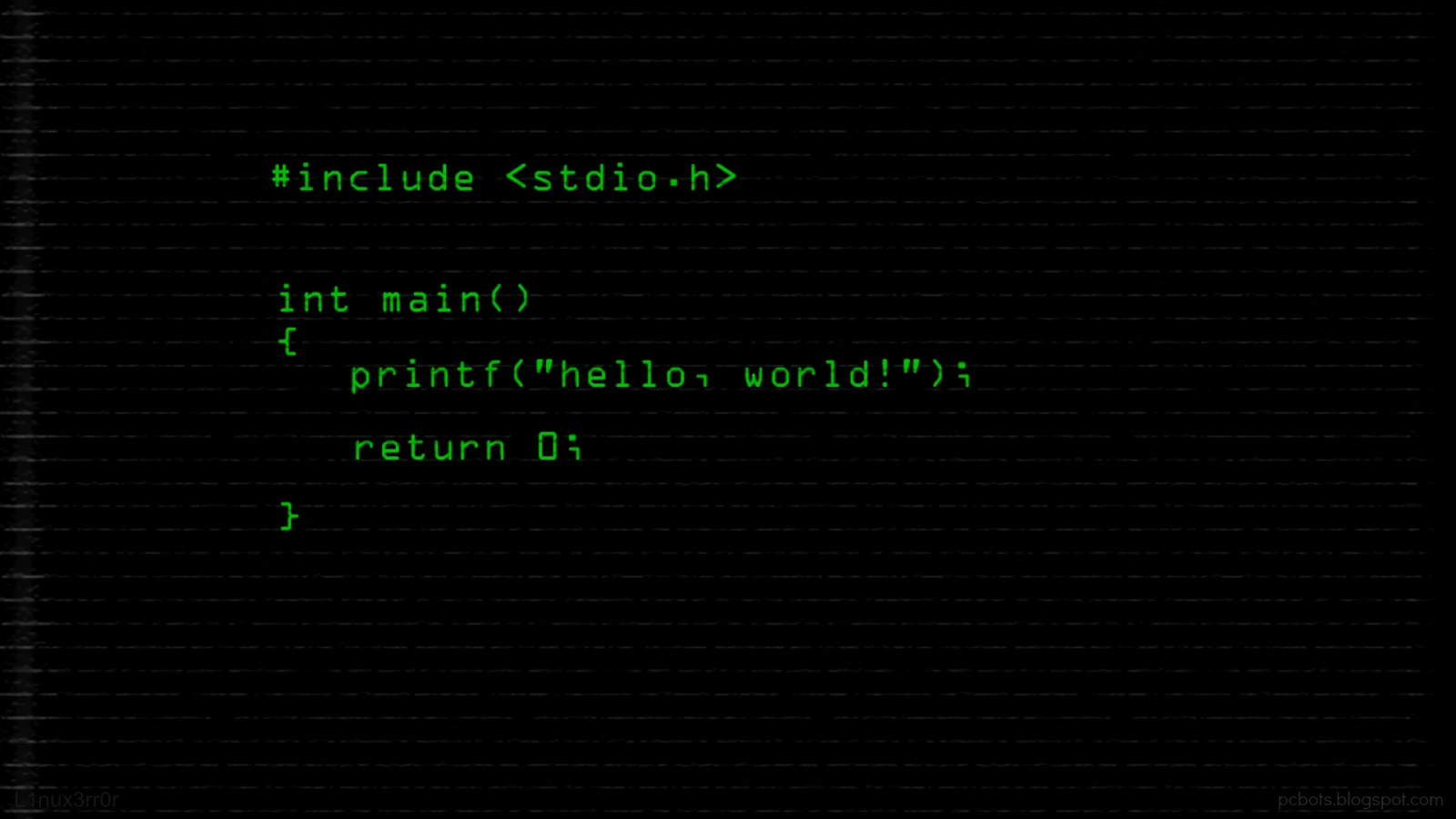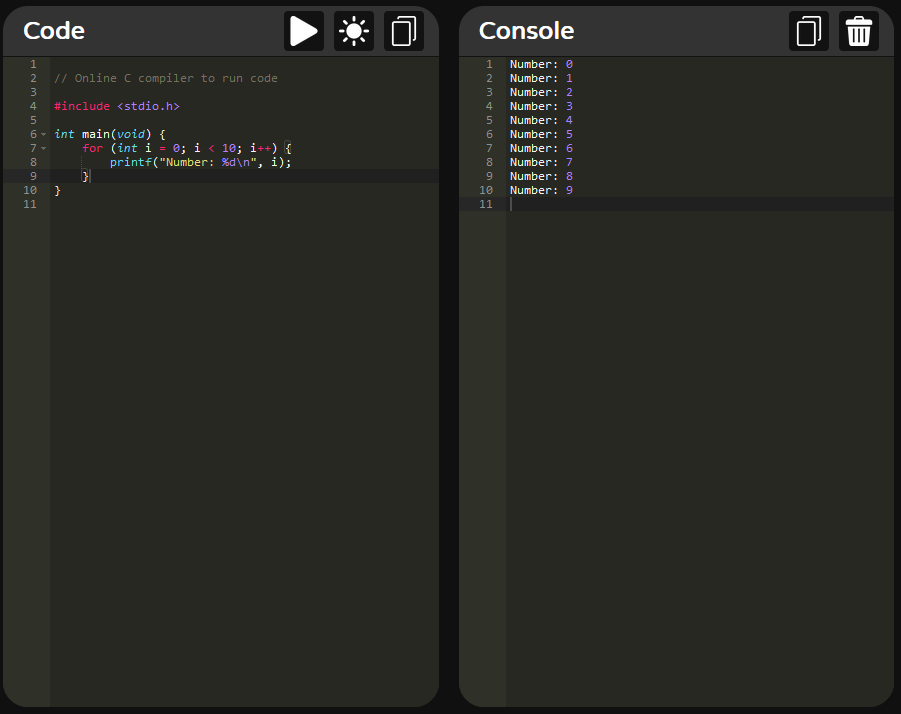How To Compile C Code In Your Browser
What is C?
C is a powerful and versatile programming language that has stood the test of time since its creation in the early 1970s by Dennis Ritchie at Bell Labs. Renowned for its efficiency, portability, and low-level access to system resources, C has become the foundation for numerous operating systems, applications, and software development projects across various domains. At its core, C is a procedural programming language, meaning it follows a structured approach to problem-solving, emphasizing step-by-step execution of instructions. This procedural paradigm makes C well-suited for tasks requiring precise control over hardware resources and performance optimization.
One of the key features that distinguish C from other programming languages is its close relationship with the underlying hardware architecture. C provides direct access to memory addresses and system resources through pointers, enabling developers to write code that interacts efficiently with hardware components such as peripherals, sensors, and network devices. This low-level control makes C an ideal choice for embedded systems programming, where resource constraints and performance considerations are paramount. Moreover, C's minimalistic syntax and simple constructs contribute to its efficiency, as it allows developers to write code that executes quickly and consumes fewer system resources compared to higher-level languages.
In addition to its efficiency and low-level capabilities, C offers a high degree of portability, making it suitable for developing software that can run on different platforms with minimal modifications. The ANSI C standard, established in 1989 and subsequently revised in 1999 (referred to as C89 and C99, respectively), provides a common set of rules and guidelines for writing C code, ensuring compatibility across various compilers and systems. This standardization has played a crucial role in C's widespread adoption and longevity, as it allows developers to write code that can be compiled and executed on diverse platforms, including desktop computers, servers, embedded devices, and even supercomputers.
Furthermore, C's influence extends beyond its direct use in software development, as many higher-level programming languages, such as C++, Python, and Java, have borrowed concepts and syntax from C. Understanding C provides a solid foundation for learning other languages and delving deeper into computer science concepts, such as memory management, data structures, and algorithms. Despite the emergence of newer programming languages with advanced features and abstractions, C remains an essential tool in the arsenal of programmers, particularly in fields where performance, efficiency, and direct hardware access are critical requirements. As technology continues to evolve, C's timeless principles and pragmatic approach ensure its relevance in the ever-changing landscape of software development.

What is a C compiler?
A C compiler is a fundamental tool in the realm of software development, serving as the bridge between human-readable C code and machine-executable instructions. It plays a pivotal role in the software development process by translating the source code written in the C programming language into binary machine code that can be understood and executed by a computer's hardware. Essentially, a C compiler takes the high-level, human-readable instructions written by programmers and converts them into low-level, binary instructions that the computer's processor can interpret and execute efficiently.
The process of compilation involves several stages, each designed to transform the source code into a form that is executable by the target system. The first stage, known as lexical analysis or tokenization, involves breaking down the source code into individual tokens or symbols, such as keywords, identifiers, and operators. This stage lays the groundwork for subsequent phases by identifying the basic building blocks of the C program. Following lexical analysis, the compiler proceeds to syntactic analysis or parsing, where it checks the syntax of the program to ensure that it adheres to the rules and grammar of the C language. This phase involves constructing a parse tree or abstract syntax tree (AST) that represents the structure of the program and facilitates further analysis.
Once the syntactic analysis is complete, the compiler moves on to semantic analysis, where it examines the meaning and context of the code to detect errors and inconsistencies. This stage involves type checking, scope resolution, and other checks to ensure the correctness of the program. After verifying the program's semantic validity, the compiler generates intermediate code or an intermediate representation (IR), which serves as an intermediate step between the source code and the final machine code. The IR is then optimized to improve performance and reduce the size of the resulting executable. Finally, the compiler translates the optimized intermediate code into machine code specific to the target architecture, producing an executable file that can be run on the target system.
In addition to translating source code into machine code, a C compiler often includes various tools and utilities for debugging, profiling, and optimizing code. These tools help developers identify and rectify errors, analyze program performance, and improve the efficiency of the compiled code. Moreover, modern C compilers support a wide range of features and standards, including the latest revisions of the C language specification, as well as platform-specific extensions and optimizations. Overall, a C compiler is an essential tool for software developers, enabling them to write, compile, and execute C programs efficiently while harnessing the full power of the underlying hardware architecture.

What are the benefits of running C in your browser?
An online C compiler offers a multitude of benefits, especially for individuals who are learning C programming or exploring the language for the first time. One of the primary advantages is the convenience and accessibility it provides. With an online C compiler, users can write, compile, and run C code directly from their web browsers, eliminating the need for complex installation procedures or setup of development environments. This accessibility enables users to experiment with C programming concepts and techniques quickly and easily, without being hindered by system-specific dependencies or compatibility issues.
Moreover, an online C compiler offers a sandboxed environment where users can test their code in a safe and controlled manner. This sandboxing functionality ensures that the execution of potentially buggy or malicious code does not pose any risk to the user's local system or network. Additionally, many online C compilers provide features such as syntax highlighting, code completion, and error highlighting, which aid in identifying and fixing errors in the code more efficiently. These features are especially beneficial for novice programmers, as they help reinforce good coding practices and improve code readability.
Furthermore, an online C compiler fosters collaboration and community engagement by providing a platform for sharing code snippets, projects, and solutions with fellow learners and developers. Users can easily share links to their code or projects, seek help from the community, and receive feedback on their programming endeavors. This collaborative aspect not only enhances the learning experience but also encourages participation and knowledge sharing within the C programming community.
Lastly, an online C compiler can serve as a valuable educational tool, offering resources such as tutorials, documentation, and sample projects to help users grasp fundamental concepts and advanced topics in C programming. Many online compilers feature integrated learning materials and interactive exercises that guide users through various aspects of the language, from basic syntax and data types to more advanced topics like memory management and file handling. By providing a comprehensive learning environment, online C compilers empower users to develop their skills and confidence in C programming, ultimately paving the way for success in software development and other technical fields.

What are the drawbacks of running C in your browser?
While there are many advantages to using an online C compiler for developers and learners, there are also some disadvantages to be aware of. A notable constraint is the dependence on internet access. Users wishing to access the functionality of an online C compiler must have a reliable internet connection because these compilers run through web browsers and depend on remote servers for compilation and execution. Because of this reliance on online connectivity, users who live in places with spotty or nonexistent internet service may find it difficult to regularly learn C programming. Furthermore, users may experience delays or latency problems when generating and executing code, particularly during periods of high usage or when attempting to reach the compiler from areas with significant network congestion.
The absence of flexibility and control over the development environment is another disadvantage of online C compilers. Online compilers frequently have limited customization options, in contrast to traditional offline compilers that enable users to include custom libraries, modify compiler parameters, and connect with external tools effortlessly. The features and restrictions of the online compiler platform may place restrictions on users, making it more difficult for them to customize the development environment to suit their own requirements or preferences. Furthermore, users' ability to investigate and experiment with state-of-the-art C programming approaches may be limited by online compilers' inability to implement some advanced features or language extensions that are often found in offline compilers. Online C compilers are nonetheless helpful tools for developers and students looking for a simple way to practice and polish their skills, albeit with these limitations.

How can C be compiled in a browser?
C code can easily be compiled using our free and online C compiler, this is a browser compiler that allows you to quickly execute C code inside of your browser, allowing you to code on the go!
